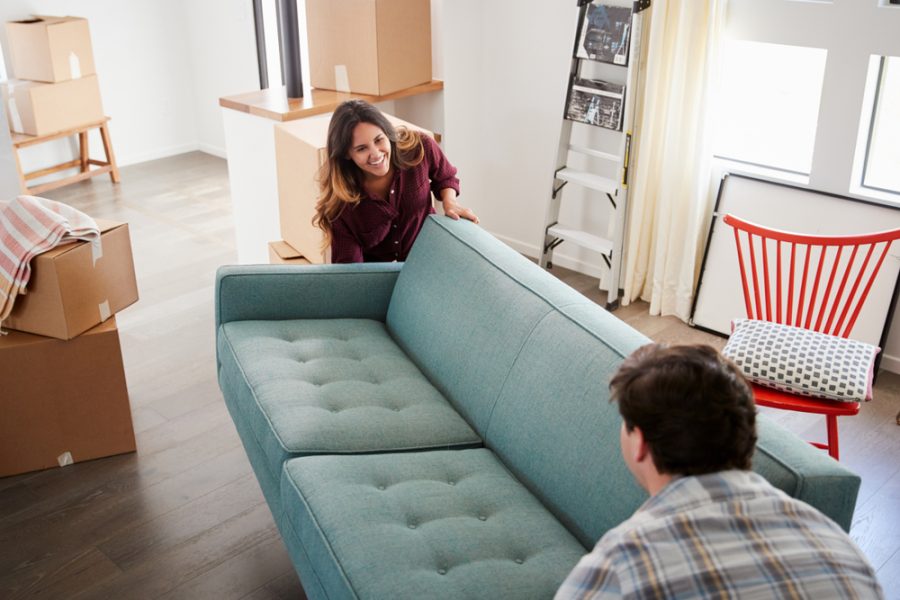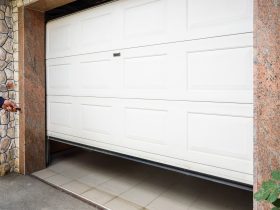Moving to a new city, state, or country is a major life change, one full of excitement and potential. All that potential can get washed right down the drain, however, if you don’t plan things out right.
One of the biggest blind spots people miss when getting ready for a big move is the cost. It’s important to leave wiggle room in your budget to account for fees and expenses you may have overlooked. Better yet, cut down on the guesswork by staying mindful of the following three common costs of moving.
Buying or Renting a New Home
If you’re buying a new property, that’s almost certain to be the biggest cost of moving, not just now but well into the future. In addition to a down payment and the cost of your mortgage, there are also dozens of tiny little “hidden” fees that might surprise you. With the help of a seller closing costs calculator, the current property owner could decide to fold their expenses into the final sales price. If your down payment is less than 20% of the purchase price, you’ll probably be required to pay for mortgage insurance. And that’s just for starters.
Renters don’t have quite as much to worry about, but the cost of a new apartment can still be expensive, especially if your landlord requires a safety deposit or multiple months’ rent in advance.
Paying Moving Company Fees
Moving companies can be a godsend if you have a lot of belongings you need to transport a long way. That said, the price you think you’re paying when you hire a moving company is often only the tip of the iceberg compared to what you owe by the time the move is over.
In addition to the basic cost of hiring a moving company, you may be charged other fees based on what kind of help you need from them. Expect your movers to break down and reassemble furniture before and after the move? That’ll be extra. Looking for full-cost insurance so you can be properly reimbursed in the event your valuables are damaged? That’ll be extra. The list goes on and on. Last but not least, you can’t forget to leave a tip.
Transporting You & Your Family
After you’ve packed up all your electronics, furniture, clothing, décor, toiletries, and knick-knacks, there’s still one big important thing to worry about transporting: yourself. Depending on how far you’re moving, that could mean gas for your car or tickets for an airplane or train. Once again, though, the expenses don’t stop there. Driving long-distance might mean paying for vehicle repairs, overnight lodgings, parking, and tolls.
Likewise, planes and trains may charge you for any luggage you bring along. Worse, if you have pets, that will likely make things even more complicated… and even more expensive.




























